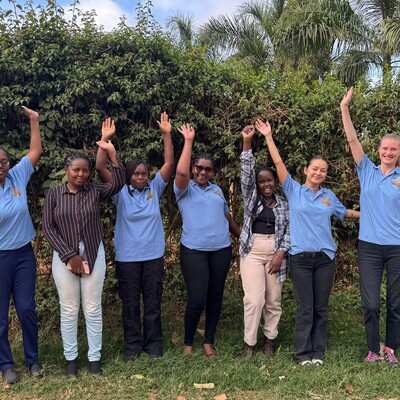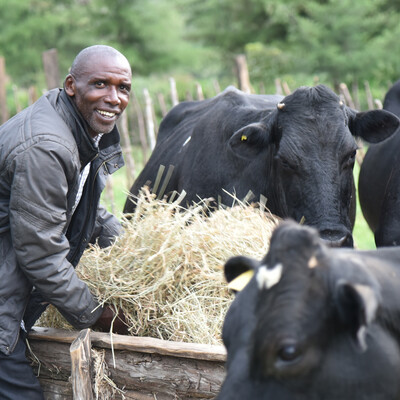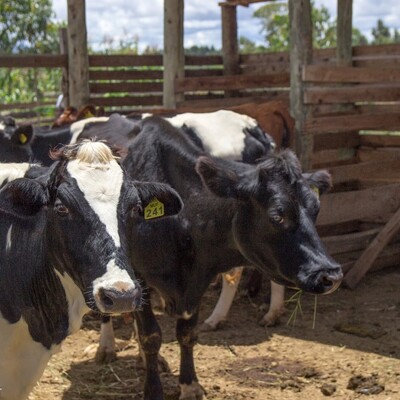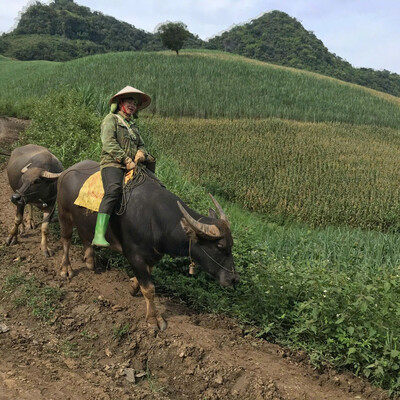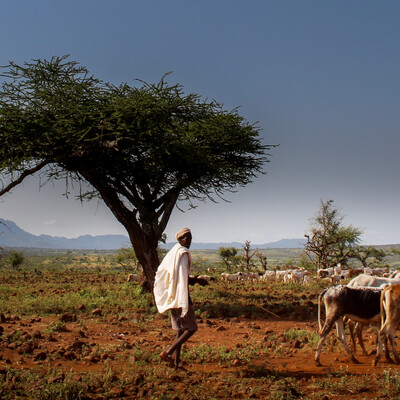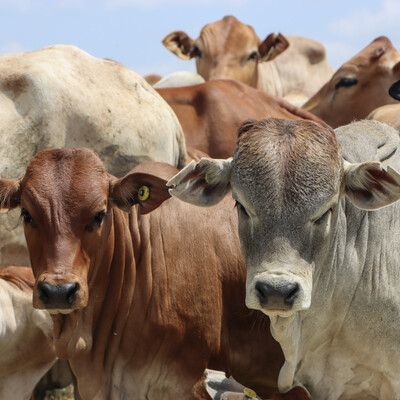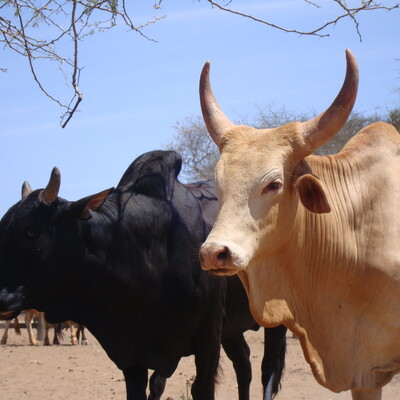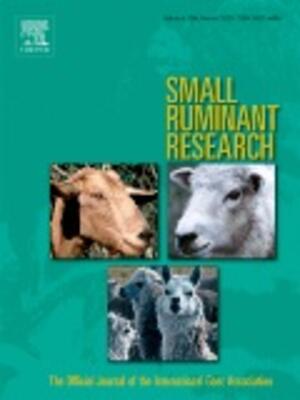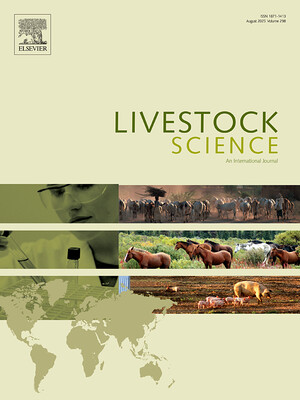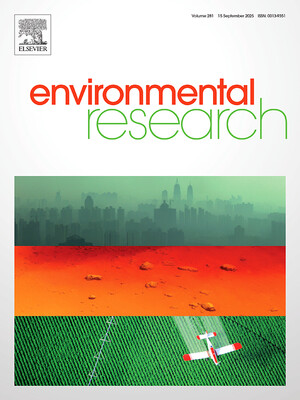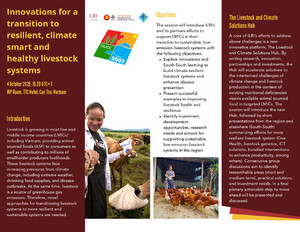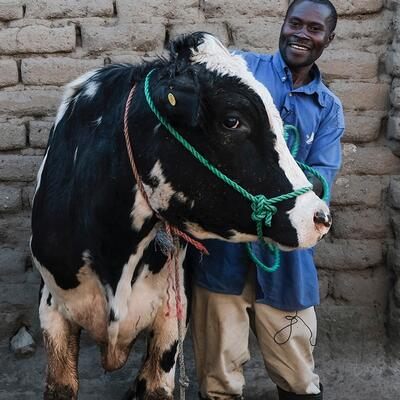
Changing climate, changing cattle farming - Part 2
If Sub-Saharan Africa produces just 7% of global greenhouse gas emissions, and the livestock sector just a fraction of those, why should the governments of these countries be concerned?
Because there's much more to the story. The intensity of the emissions is higher in these countries than in others, and the livestock sector is growing in size every year. In the second part of a mini-series on climate change and livestock, Tim Offei-Addo speaks to ILRI scientists Polly Ericksen and Klaus Butterbach-Bahl to find out what makes these emissions so important, and what can be done about it.
Ericksen and Butterbach-Bahl explain how ILRI helps to collect data about greenhouse gas emissions in Sub-Saharan Africa, equipping countries with the means to tell an accurate story of their climate emissions to the international community.
And they warn that as developed countries vilify livestock as a major producer of greenhouse gases, this could prevent crucial investments in livestock in the developing world. Investing in livestock in Sub-Saharan Africa could help mitigate emissions, help poor farmers earn a livelihood and produce more food. Is there a place for livestock to be part of the solution, and not the problem, for climate change?
Chapters
0.50 What is climate mitigation? Why should developing countries care?
2.24 Total emissions vs. emissions intensities - what's the difference?
4.10 Why GHG emissions depend on livestock feeds
4.51 When did the world start calling for climate mitiation for livestock
5.48 Introducing the Mazingera centre at ILRI
7.28 How do ILRI scientists work out how much greenhouses gases are emitted by livestock?
11.10 How is climate change affecting farmers in Kenya?
12.14 How policymakers can help livestock farmers and also meet climate emission targets
Hover over the player and click on the Share icon ![]() for subscription options.
for subscription options.
ILRI's work on climate change adaptation and mitigation





